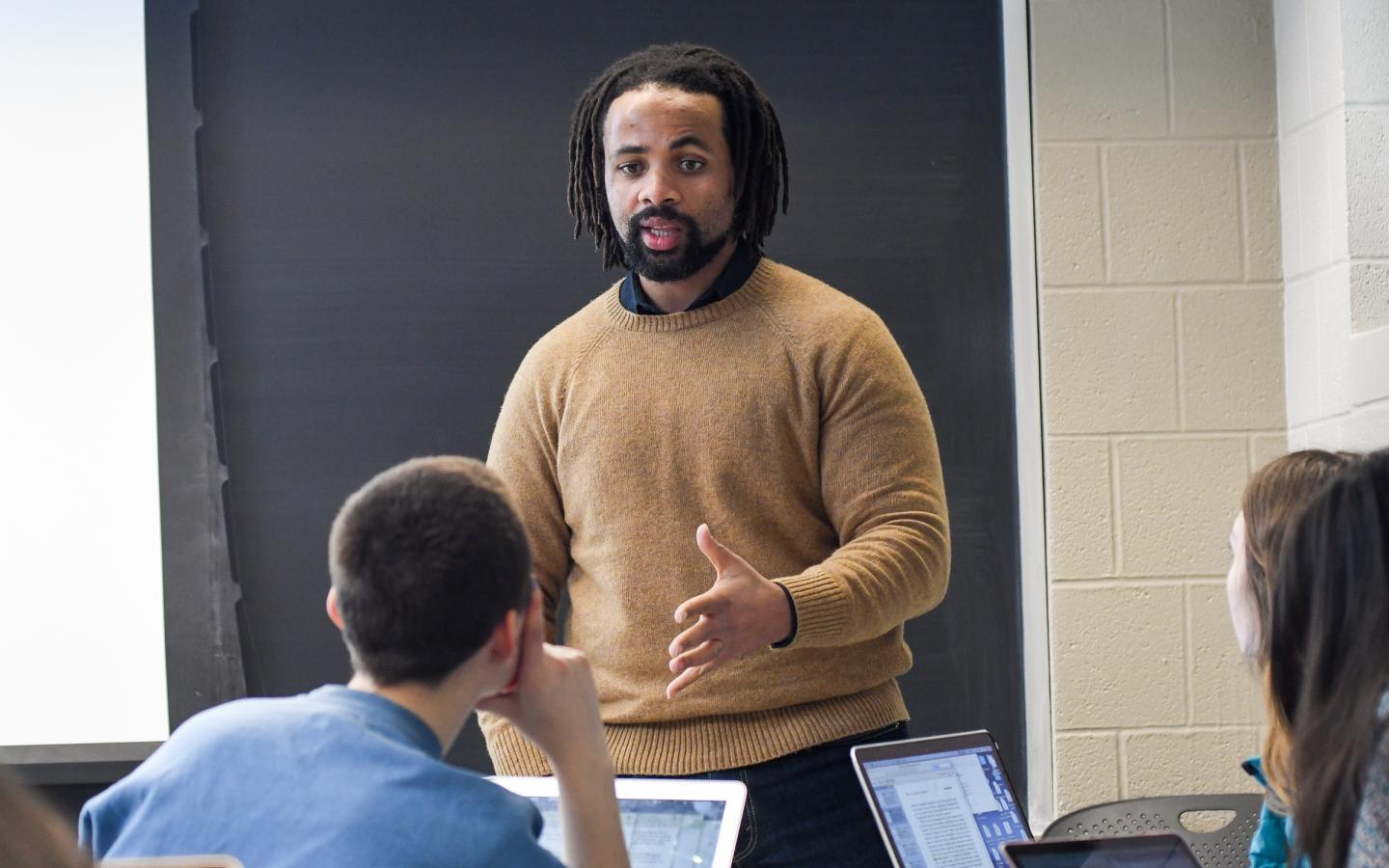
Newly hired faculty will help ensure ILR's preeminence in work, labor and employment for decades to come.
Nine new faculty members will begin teaching at ILR this fall. They join six other new faculty who joined ILR in 2019.
“These outstanding scholars are incredibly talented researchers and teachers whose expertise in exciting new areas will impact the futures of thousands of students,” said Dean Alex Colvin.
“The ILR School has been the preeminent school on work, labor and employment since its founding in 1945. This is based on the legacy of excellence of the school’s founders that has been carried forward by our current faculty. New faculty members provide a foundation for continuing that preeminence, ensuring that we have the teaching resources needed to educate our students, and helping further our mission for decades to come.”
Recent retirements of a number of ILR faculty who were leading scholars in their fields and outstanding teachers beloved by generations of students made the current hiring a necessity for the school. The new faculty hires will enable ILR to continue to offer an outstanding curriculum for its undergraduate and graduate students, as well as expanding its course offerings into important new topics in the world of work.
Faculty beginning at ILR this fall and their departments are:
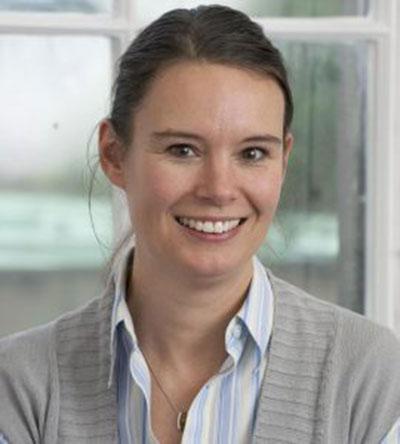
Michele Belot, Economics
Education
- Ph.D., Economics, University of Tilburg, 2003
Research
Belot's research is mainly empirical and in the area of behavioral and labor economics. Her research interests are broadly in applied microeconomics, with a special interest in experimental work and other labor-related areas, health and education. Belot's current projects are related to habitual behavior, bounded memory and counterproductive behavior in the workplace. Her work is based on various types of data; from traditional surveys to non-standard field data and data collected through controlled experiments in the laboratory.
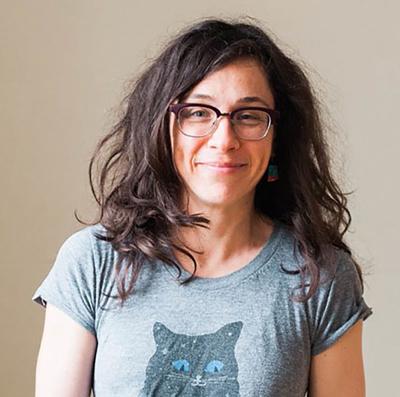
Sarah Besky, International and Comparative Labor
Education
- Ph.D., Anthropology, University of Wisconsin-Madison, 2012
- M.A., Anthropology, University of Wisconsin-Madison, 2006
- B.A., Connecticut College, 2003
Research
Besky is a cultural anthropologist whose research uses ethnographic and historical methods to study the intersection of nature, labor and capitalism in India. She has worked on the Indian tea industry since 2006 and has published two books and several articles based on that research. Besky is currently conducting research on two new projects. The first is a historical ethnography of land and livelihoods in Kalimpong, West Bengal, on the India-Bhutan border. The second is considering the future of work of lobster harvesters and processors, the scientists that study them, and the waters in which they fish in the Maine lobster industry.

Brittany Bond, Organizational Behavior
Education
- Ph.D., Economic Sociology, MIT, 2020 (expected)
- M.S. Management and Public Policy, Carnegie Mellon University
- B.A. International Economics, American University
Research
Bond studies labor market competition with a focus on how human resource programs, such as talent recruitment and performance management systems, shape careers and impact the long-term performance of firms. Before her doctoral work at MIT, Bond was an economist in the Office of the Chief Economist of the U.S. Commerce Department, where she worked at the U.S. Census Bureau’s Center for Economic Studies. There, she used internal census hiring data in conjunction with national longitudinal linked employer-household data on projects such as the optimization of the 2020 Decennial Census hiring operations.
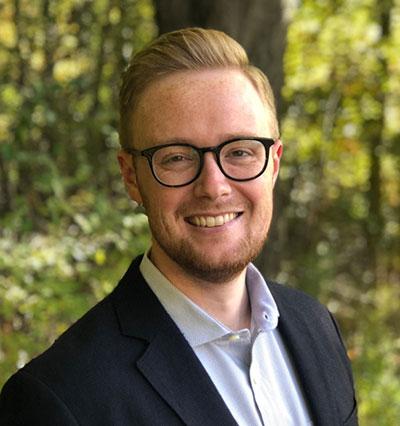
Sean Fath, Organizational Behavior
Education
- Ph.D., Management and Organizations, Duke, 2020 (expected)
- B.A., Psychology, DePaul University, 2011
Research
Fath studies topics related to inequality and hierarchy in organizations and society. In one stream of research, he examines people’s preferences for “blinding” their own judgment—purposefully restricting the information used in an evaluation to reduce susceptibility to bias—and tests strategies to encourage the adoption of blinding. In a different research stream, Fath explores the ways that people process and understand hierarchy in organizations.
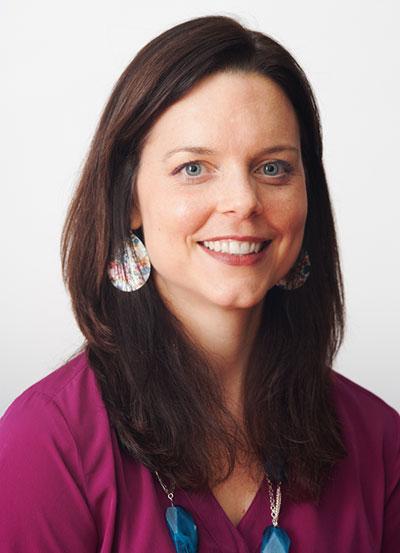
Desiree LeClercq, International and Comparative Labor / Labor Relations, Law, and History
Education
- J.D., University of Texas School of Law, 2006
- B.A., Indiana University, 2002
Research
LeClercq served as director for Labor Affairs at the Office of the United States Trade Representative, an agency under the Executive Office of the President, before her time at Cornell. In that capacity, she negotiated and monitored the effective implementation of the labor chapters in United States trade agreements, most notably in Asia. Before beginning in this role, LeClercq served for nearly a decade as a legal officer for the International Labor Organization in Geneva, Switzerland, where she monitored the implementation of labor standards by ratifying member states and delivered technical assistance to strengthen labor-standards compliance in Asia and Africa. At the International Labor Organization, she published and lectured on the intersection between workers’ rights and international trade, and studied the impact of technical assistance and international global governance with respect to workers’ rights.
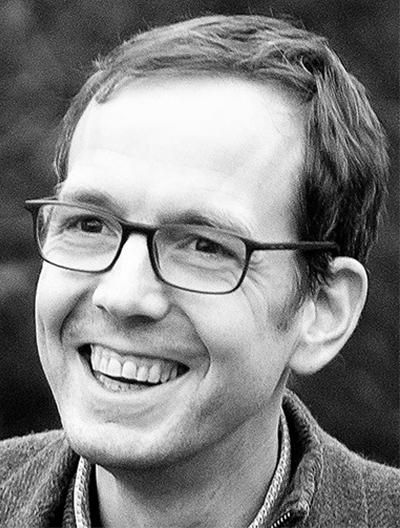
Philipp Kircher, Economics
Education
- Ph.D., Economics, University of Bonn, 2006
- M.S. Industrial Engineering, University of Karlsruhe, 2001
- B.A. Business Administration, University of Wisconsin-Milwaukee, 1999
Research
Kircher's research is on the interface between macro, micro and labor economics. His primary interest lies in how the job search process affects the labor market in terms of efficiency, unemployment, and wages; and how two-sided heterogeneity of both workers and firms affects their interaction. Kircher has also worked on returns to status, on experiments on social preferences, on disease transmission, and, recently, on heterogeneity and search in international trade.
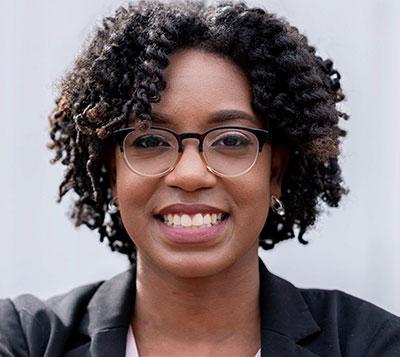
Courtney McCluney, Organizational Behavior
Education
- Ph.D., University of Michigan, 2017
- M.S., University of Michigan, 2014
- B.A., University of North Carolina at Chapel Hill, 2011
Research
McCluney’s research considers how marginalized employees — those lacking access, resources, status and power — successfully navigate organizational contexts so that they are not merely surviving, but thriving, at work. She also investigates factors that enable marginalized employees to construct positive work identities and experience well-being. McCluney researches, teaches and speaks on ways that organizations and entrepreneurial ecosystems can create diverse, inclusive and equitable communities where everyone can thrive.
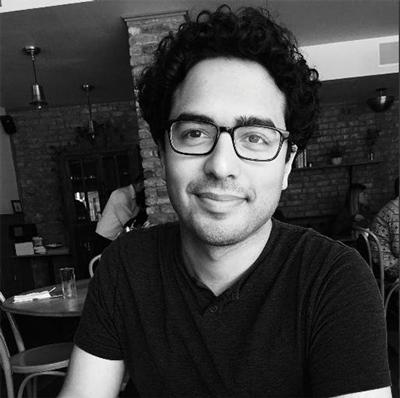
Tejasvi Nagaraja, Labor Relations, Law, and History
Education
- Ph.D., History, New York University, 2017
- B.A., History, New York University, 2003
Research
Nagaraja is an interdisciplinary historian with specializations in post-1860 United States, foreign relations, African American and labor history. His manuscript is currently titled Soldiers of the American Dream: War Work, Jim Crow and Freedom Movements in the Shadow of U.S. Power. It examines U.S. militarization and globalism, as they were interlinked with economic and racial politics between the New Deal and the Vietnam War.
Duanyi Yang, Labor Relations, Law, and History
Education
- Ph.D., MIT, 2020 (expected)
- M.P.P., University of Minnesota
- B.S., Economics, University of Minnesota
Research
Yang’s research investigates how organizational human resource management policies operate within different institutional contexts and in the face of globalization, migration, and demographic shifts. She is particularly focused on the ways that organizational policies and practices affect the organizational behavior and welfare of traditionally disadvantaged groups such as women, migrants and low-wage workers, while also attending to the effectiveness of those policies and practices for firms. Yang’s research spans labor relations, sociology and human resources management, and currently covers three distinctive national regimes – the United States, China and Germany.